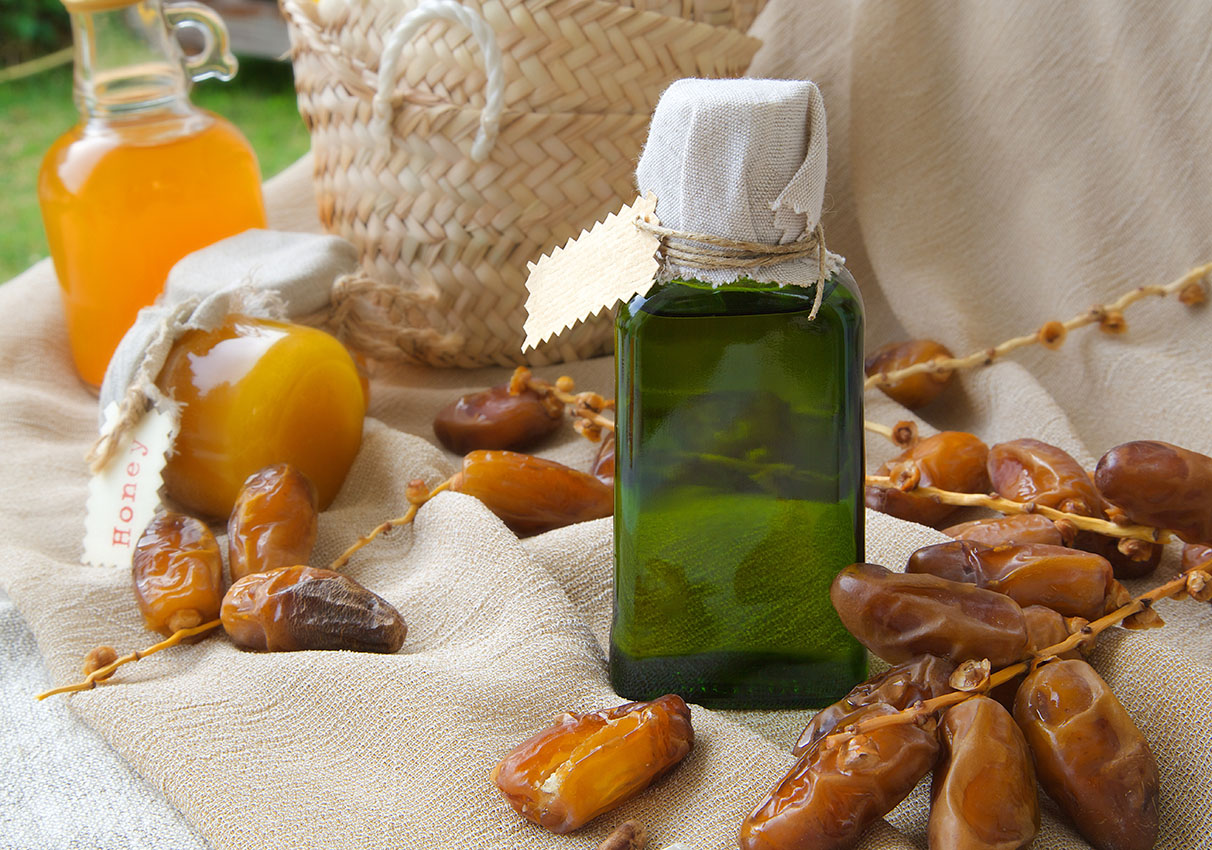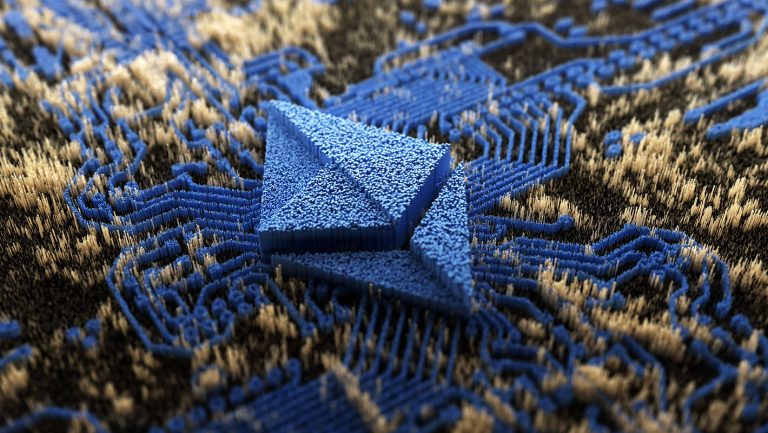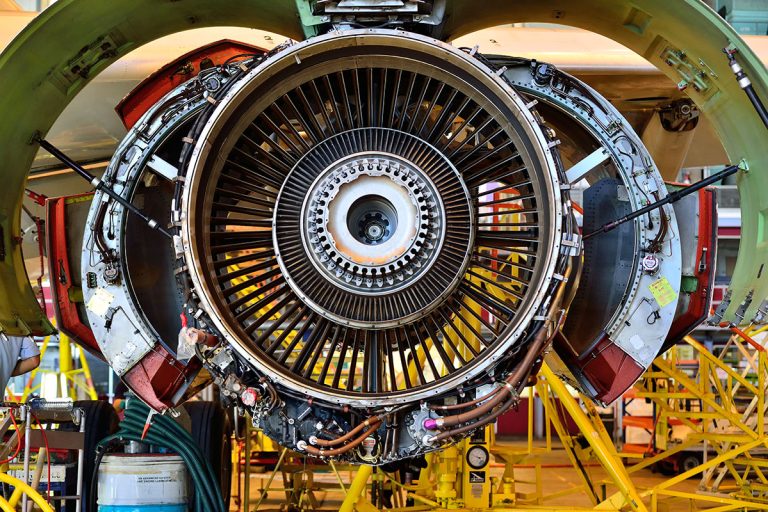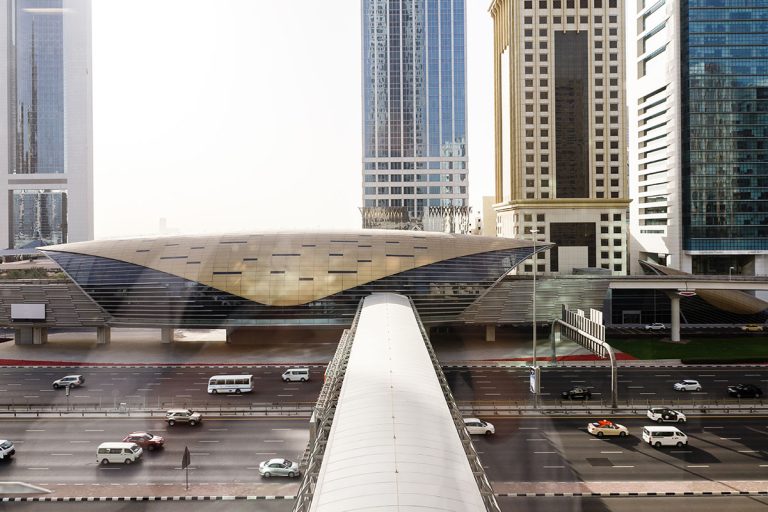Innovation meets food security
Aligning heritage with science, Prof. Fawzi Banat aims to foster multidisciplinary collaboration and ensure his team’s research contributes directly to the UAE’s National Food Security Strategy 2051.
What inspired the creation of the Food Security and Technology Center?
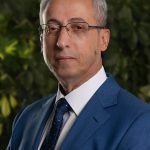
The UAE has set an ambitious goal of ranking among the world’s most food-secure nations by 2051. To support this national priority, we launched the center to address challenges unique to our region: harsh climate, limited arable land, and heavy reliance on food imports. Our research program is designed around four core themes—sustainable agriculture, biofunctional foods, food waste reduction, and innovative food processing.
Today, around 20 faculty members and their teams bring together expertise ranging from microbiology to chemical engineering.
What role does commercialization play in your strategy?
Commercialization is essential. Filing patents is just the first step; our real goal is to ensure that our technologies reach the market. Rather than launching start-ups ourselves, we work closely with local industries to license our patents. This model accelerates scaling while our researchers remain focused on discovery.
“Our mission is about people: nurturing the next generation of researchers, respecting our heritage, and aligning it with modern science. That’s how we will help the UAE meet its 2051 food security goal.”
Fawzi Banat
One example: we’re currently working with UAE producers to bring our camel milk cheese to supermarket shelves. As camel milk production in the region continues to grow, currently at about 6% annually, the commercial opportunities will only expand further.
What’s the biggest challenge you’ve faced in leading such a multidisciplinary center?
The cultural and academic diversity. Our researchers come from many countries and disciplines, and aligning them under a single vision requires patience and leadership. Building infrastructure is another challenge; food security is not a field where one lab or one discipline can make an impact alone. It requires microbiologists, chemists, engineers, and industry partners working together.
Still, I believe these challenges are what make the work rewarding. I often remind the team that our aim is not only to create patents but to ensure those patents translate into real products on supermarket shelves. This shared purpose keeps us united.
What’s your vision for the center?
By 2030, we aim to be recognized as a leading hub for food security research in the Gulf region. Our first responsibility is local, and we want to deliver real solutions for the UAE and its neighbors.
But our ambition extends globally. With our work on camel milk, date palm waste, and functional foods, we believe we can contribute internationally to healthier diets and more sustainable food systems.
Ultimately, our mission is about people: nurturing the next generation of researchers, respecting our heritage, and aligning it with science. That’s how we will help the UAE meet its 2051 food security goal.

